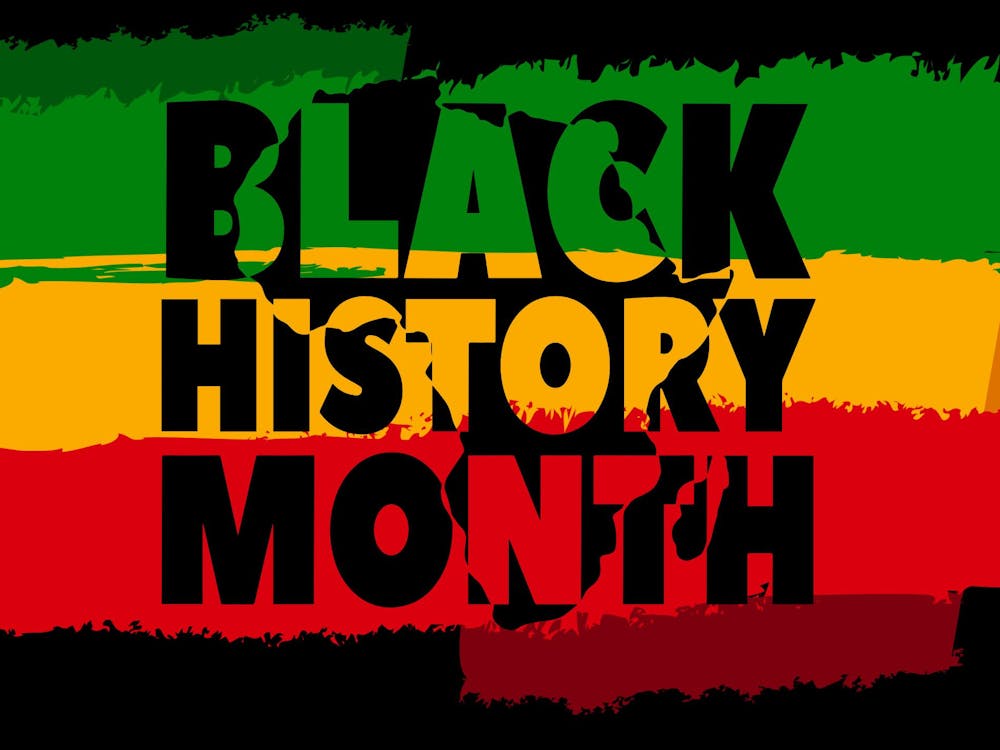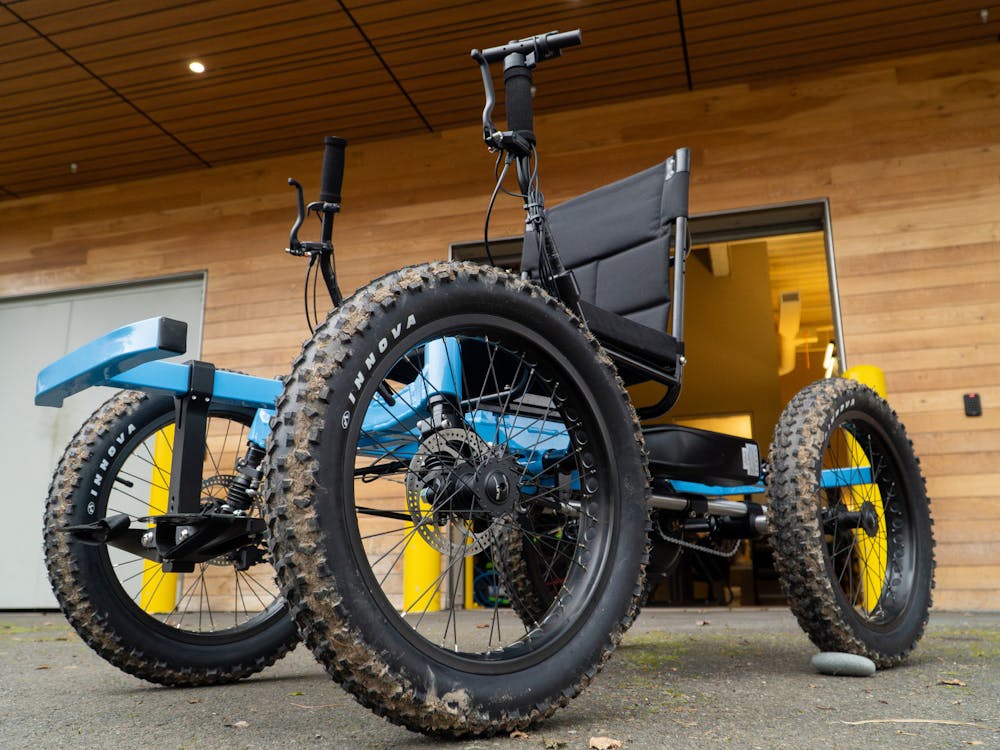The individual pleats of brightly colored folklórico dresses, the cacophonous sound of feet hitting the ground to the sound of music, the aromas of spices fills your nostrils as you breathe for air: These small details make up generations of Hispanic and Latinx history waiting to be unlocked every year when people celebrate Hispanic Heritage Month from Sept. 15 to Oct. 15.
Created in 1968 but officially observed as a month in 1988, Hispanic Heritage Month is a time for Hispanic and Latinx communities to celebrate history, art, food, culture and more to signify the diverse identities around the world of Spanish-speaking peoples.
At UP, Hispanic or Latino students make up 17% of all degree-seeking undergraduates. It is the third largest demographic behind Asian and white.
Yet, these statistics alone don’t always represent the unique experiences of Hispanic and Latinx communities.
This year for Hispanic Heritage Month 2023, to recognize the diverse identities and experiences of UP’s Latinx community, The Beacon chose to focus on the theme: “What does your Latinidad mean to you? An exploration of the Hispanic/Latino/Latinx diaspora.”
There is no one definition for Latinidad, however it broadly encompassess the various attributes shared by Latin American and Hispanic people — without reducing these attributes to a singular trait or characteristic.
For LSU Co-President Santiago Franco, his Latinidad has served as a form of liberation from the imposter syndrome that comes with being a second-generation Latino. Going to predominantly white institutions, he recalls a sort of disconnect from his Latinidad for the majority of his life.
“I was the minority at these institutions,” Franco said. “You lose a bit of yourself in that environment no matter how much you stay connected to your culture.”
That all changed when Franco got involved in his high school’s Movimiento Estudiantil Chicano de Aztlán (MEChA), an organization that seeks to empower Chicano students through political involvement.
For Franco, his Latindad lies in strength and perseverance — the unapologetic acceptance of who he is to fully understand his identity and self.
“I started to feel more like myself than I’ve ever had in my life,” Franco said. “I was conforming to other people, and I lost a part of myself because of it. I started embracing who I was, a Chicano, a Mexican American.”
The Beacon will be exploring more stories like Franco’s in the coming weeks to explore what Latinidad means to students with other Latinx and Hispanic identities. From making music to the sport of soccer, we’ll examine how these identities appear in all facets of life.
Kimberly Cortez is the Diversity, Equity & Inclusion Editor for The Beacon. They can be reached at cortez25@up.edu.








